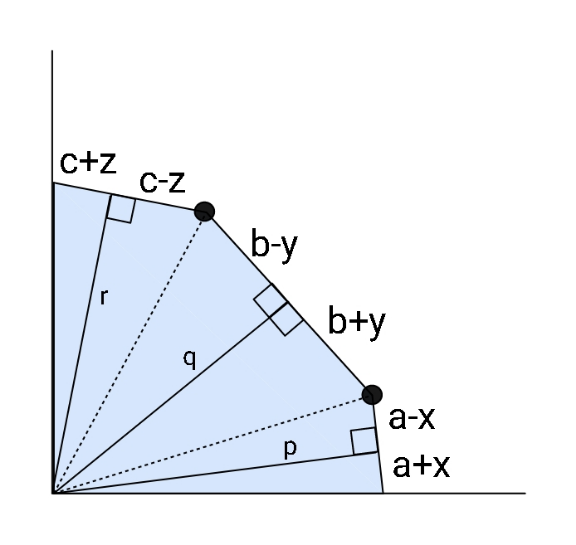
Question and Answers Forum
Question Number 165965 by ajfour last updated on 10/Feb/22
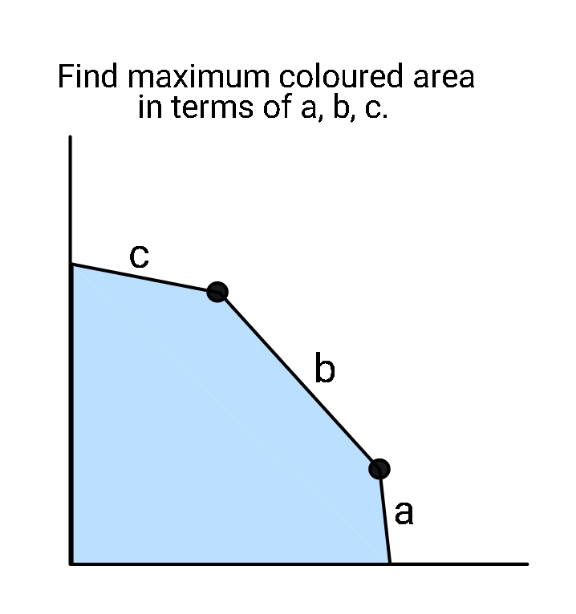
Answered by mr W last updated on 10/Feb/22
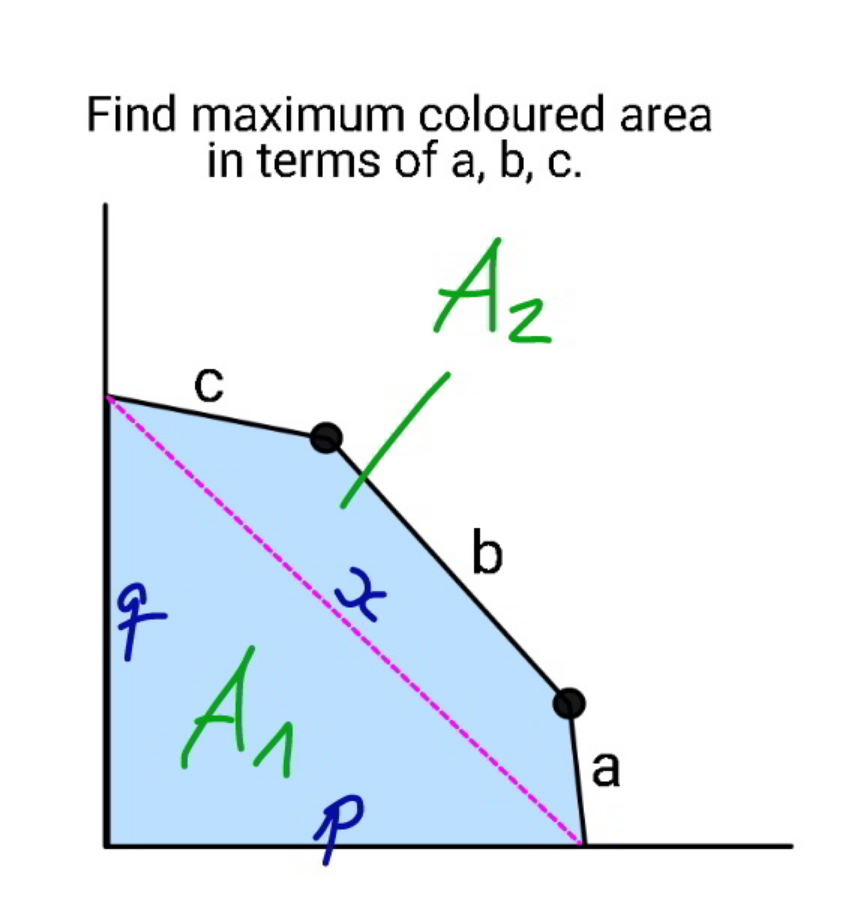
Commented by mr W last updated on 12/Feb/22
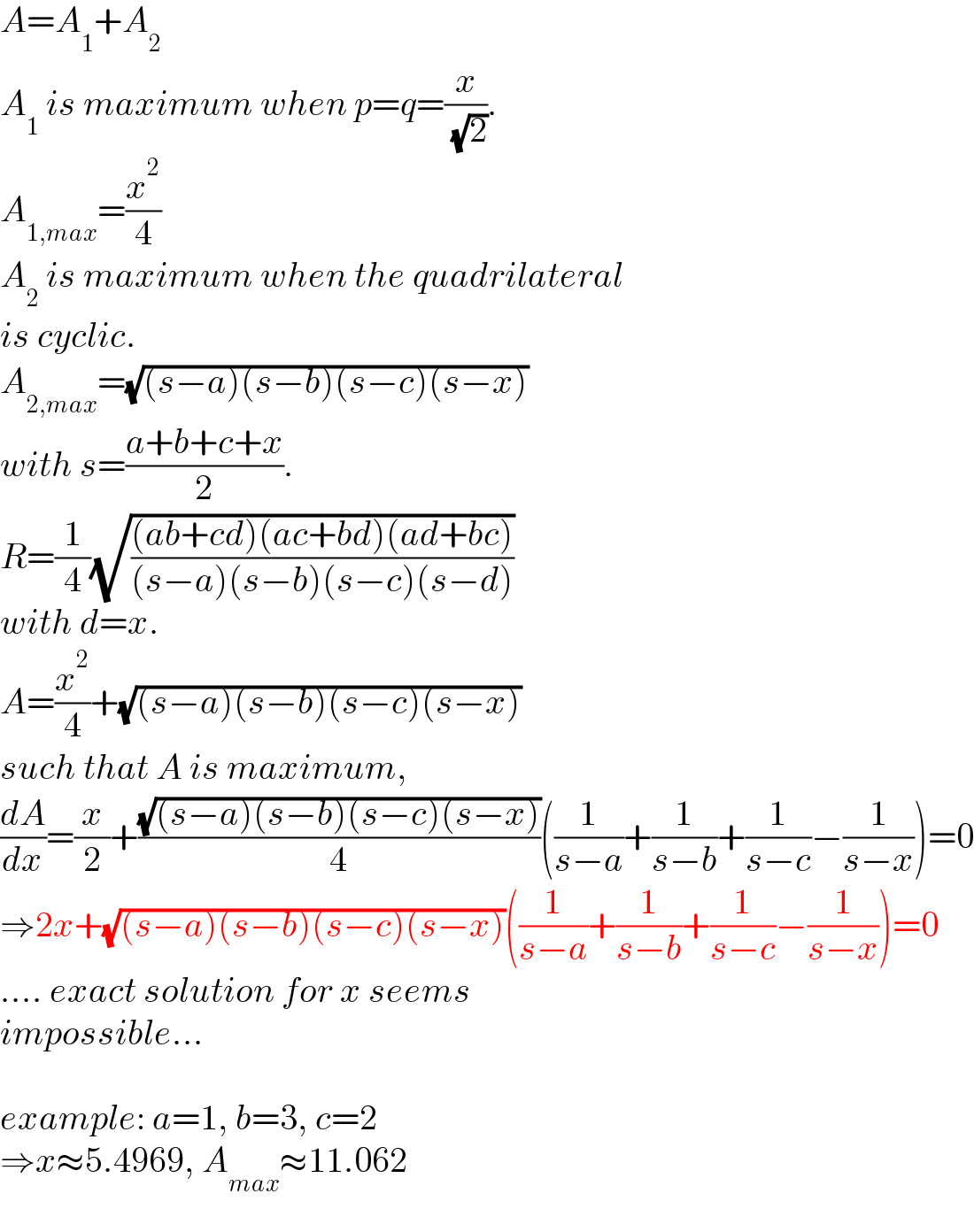
Commented by mr W last updated on 11/Feb/22
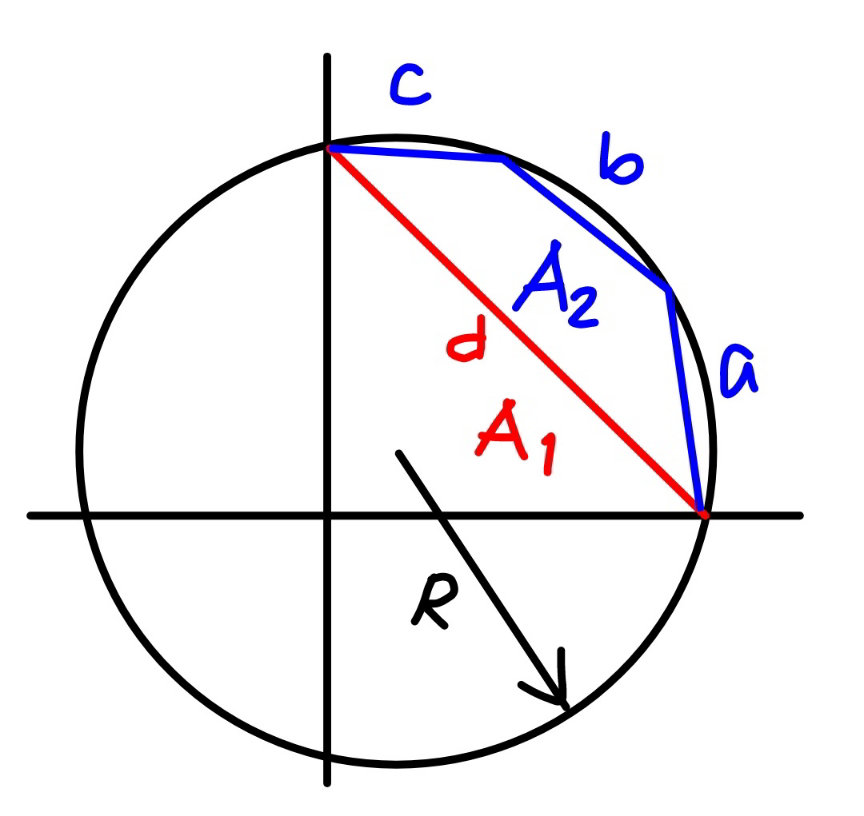
Commented by mr W last updated on 11/Feb/22
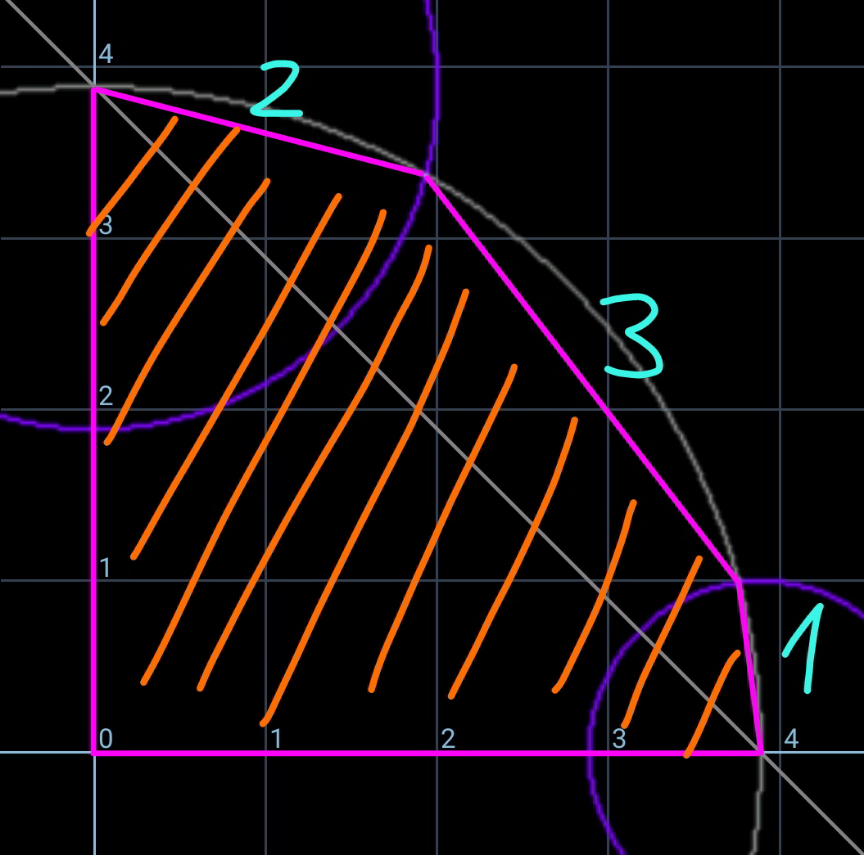
Commented by mr W last updated on 11/Feb/22
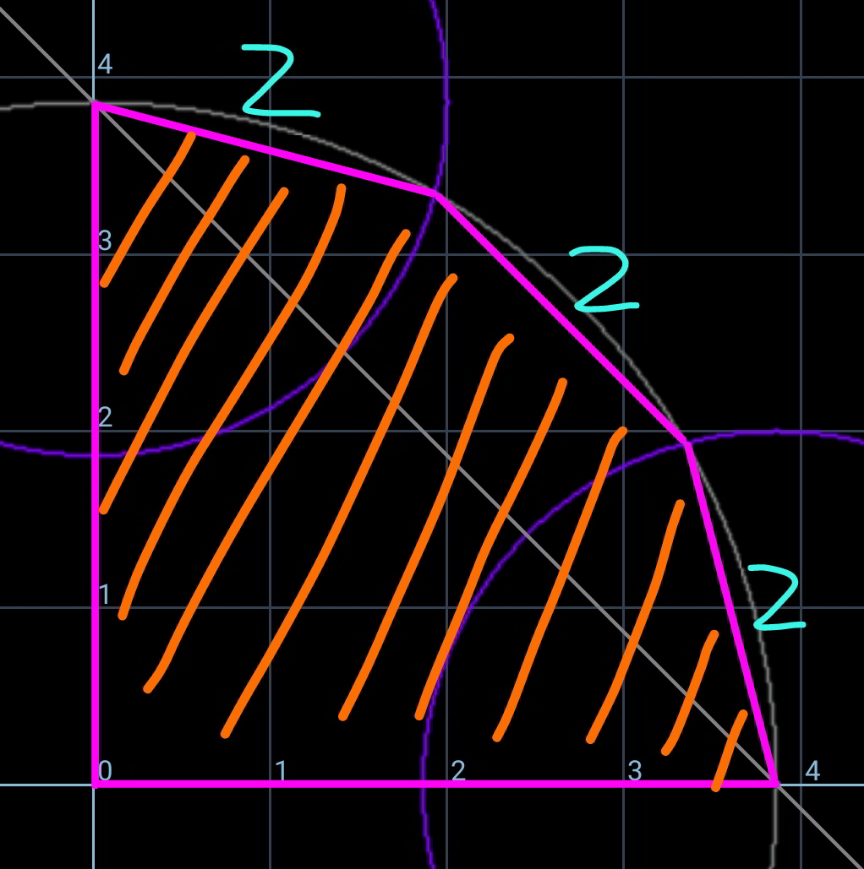
Commented by mr W last updated on 11/Feb/22
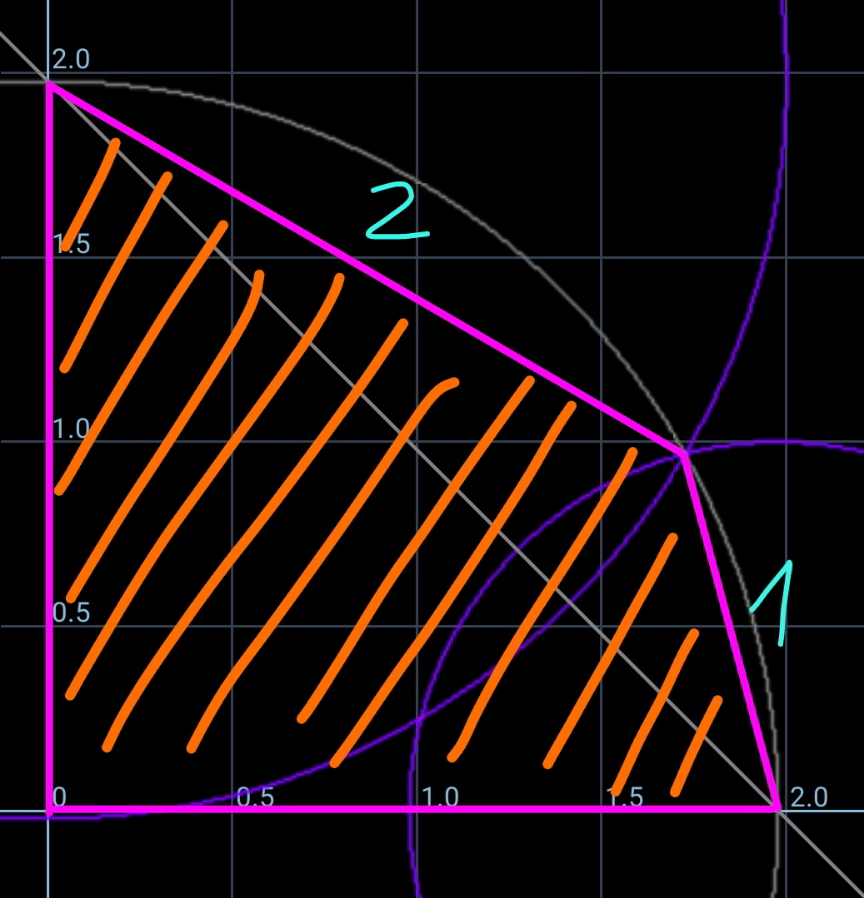
Commented by Tawa11 last updated on 11/Feb/22

Commented by aleks041103 last updated on 12/Feb/22
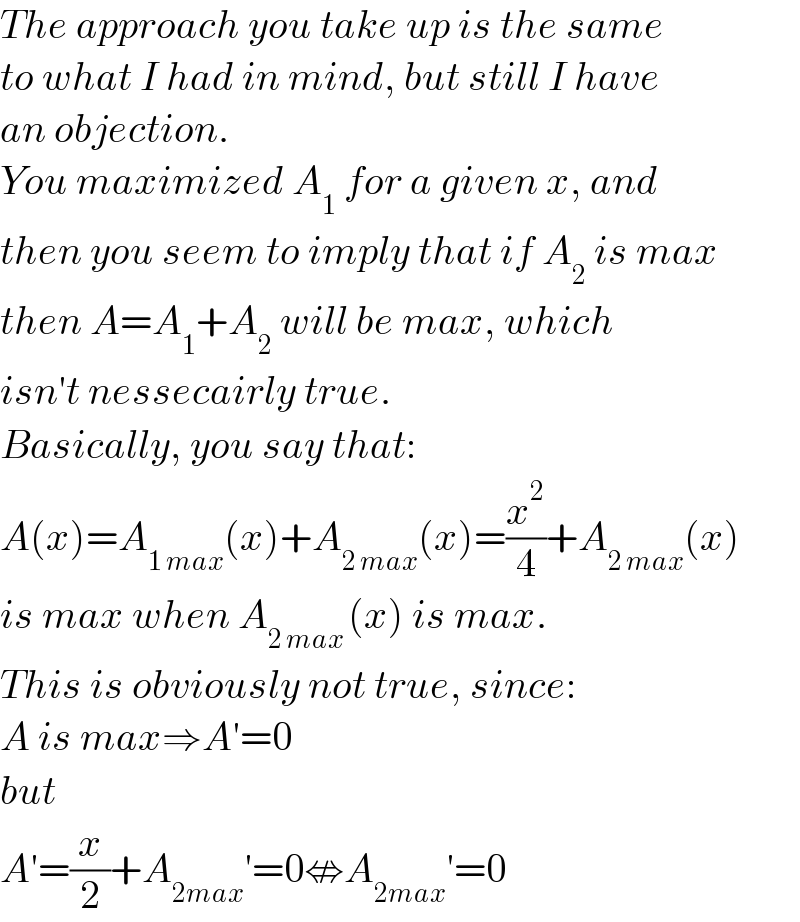
Commented by mr W last updated on 12/Feb/22
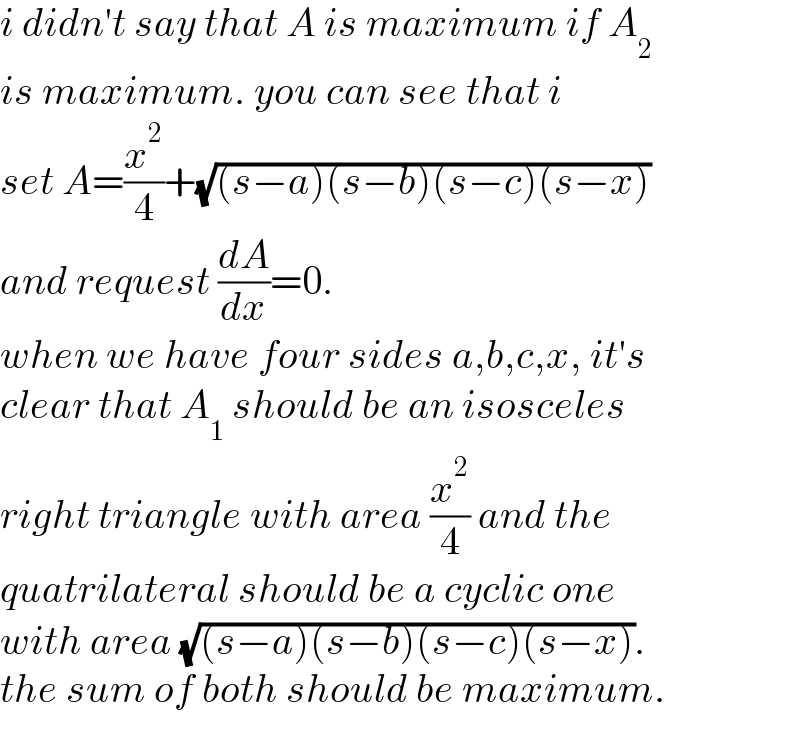
Commented by mr W last updated on 12/Feb/22

Commented by aleks041103 last updated on 12/Feb/22

Commented by mr W last updated on 12/Feb/22

Commented by mr W last updated on 12/Feb/22
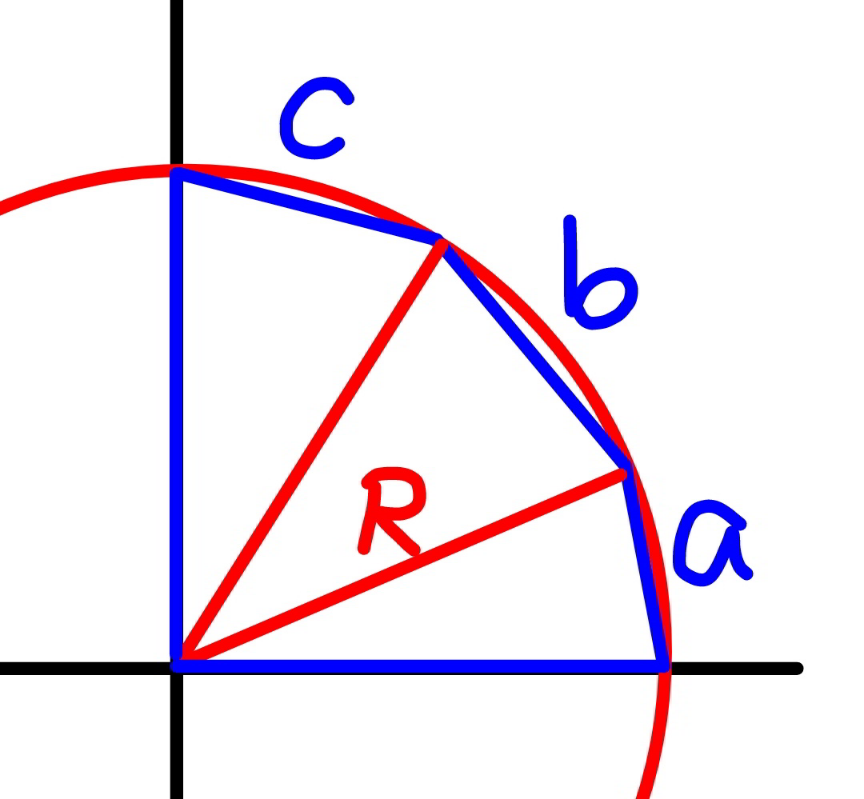
Commented by mr W last updated on 12/Feb/22

Commented by mr W last updated on 12/Feb/22
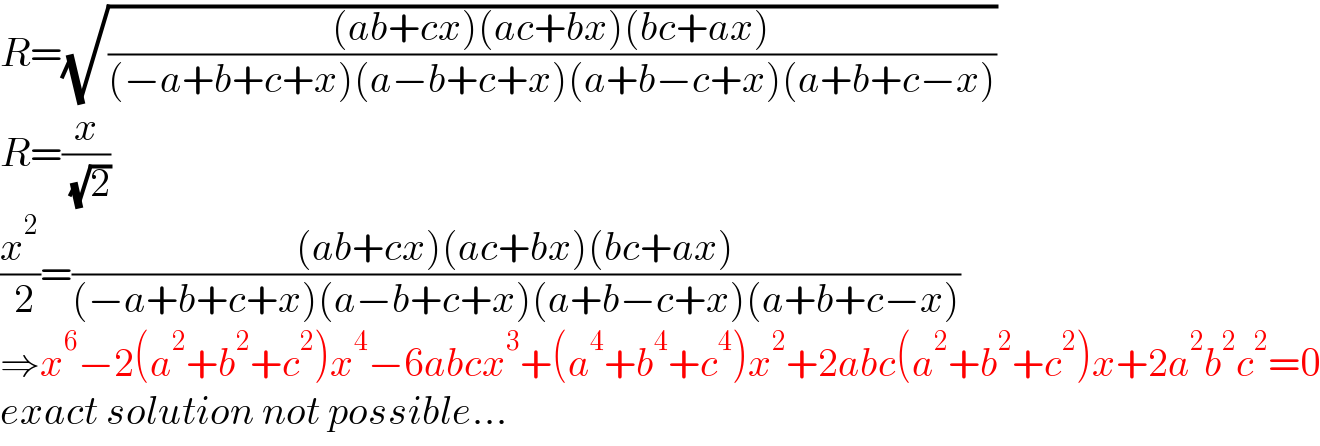
Answered by ajfour last updated on 11/Feb/22
